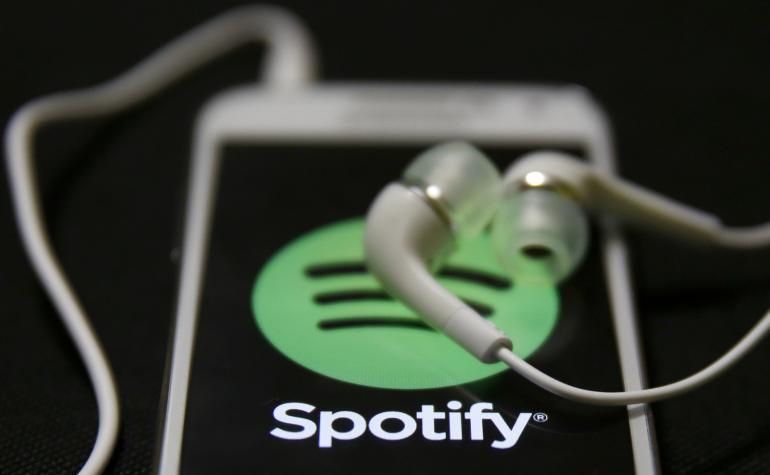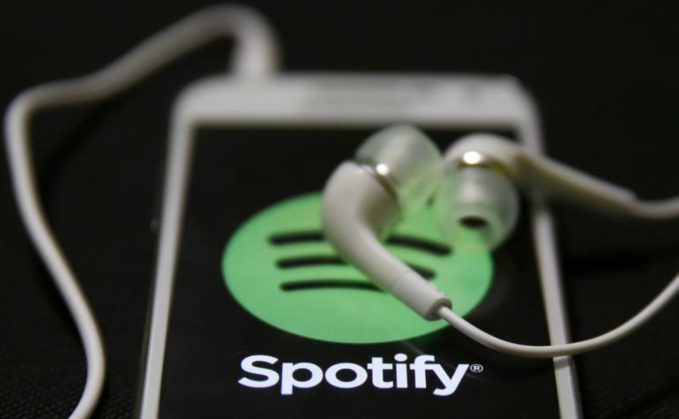The first lawsuit against the company three years ago was filed by David Lowery, copyright defender of Camper Van Beethoven band and Melissa Ferrick, singer and owner of MPRESS Records music label. The musicians accused Spotify of using their music without proper rights. Ferrick, in addition, reproached the service that it violated many other copyrights.
On May 24, the court ordered Spotify to pay the performers $ 43.5 million in cash as compensation, and pay the remainder in the form of royalties. The court decision caused controversy in the music industry. In particular, dissatisfaction was expressed by American company Wixen, representing the interests of such artists as Neil Young, Tom Petty, Rage Against the Machine and others.
In January 2018, when Spotify announced its intention to arrange IPO, Wixen, which collects royalties on behalf of musicians, filed a lawsuit against the streaming audio service. For the publication of music, which Spotify does not have full rights, the plaintiff demanded a refund of $ 1.6 billion.
Representatives of Wixen called today's court decision "a 98.7 percent discount for intentional violation," adding that the resolution" offers authors and performers an unfair amount in the light of the ongoing malicious copyright infringement."
Earlier, in 2013, British musician and leader of Radiohead band Thom Yorke removed several of his albums from Spotify to protest against low royalty for musicians. In 2014, Taylor Swift also asked to remove her music from the service.
The new law on the modernization of the music industry in the US, already approved by the House of Representatives in April, is intended to simplify the regulatory environment of copyright issues. Republican Congressman Bob Goodlatte, who initiated the new law, said that the existing legislation actually "increases fees of lawyers, and not royalties."
Currently, copyrights in the US are still governed by the 1909 law, adopted at a time when the record industry, not to mention digital services, was not yet in existence. The new bill involves creation of an organization (Mechanical Licensing Collective, MLC), controlled by publishers and authors, which should help protect music copyrights in the digital "ecosystem". In addition, the approach to estimating the amount of compensation for copyright infringement will change: some inequality in this respect existing between songwriters and record companies will be eliminated. Finally, in fact, the new bill puts an end to the hopes of potential plaintiffs in the future to seize as astronomical amounts like $ 1.6 billion.
source: independent.co.uk
On May 24, the court ordered Spotify to pay the performers $ 43.5 million in cash as compensation, and pay the remainder in the form of royalties. The court decision caused controversy in the music industry. In particular, dissatisfaction was expressed by American company Wixen, representing the interests of such artists as Neil Young, Tom Petty, Rage Against the Machine and others.
In January 2018, when Spotify announced its intention to arrange IPO, Wixen, which collects royalties on behalf of musicians, filed a lawsuit against the streaming audio service. For the publication of music, which Spotify does not have full rights, the plaintiff demanded a refund of $ 1.6 billion.
Representatives of Wixen called today's court decision "a 98.7 percent discount for intentional violation," adding that the resolution" offers authors and performers an unfair amount in the light of the ongoing malicious copyright infringement."
Earlier, in 2013, British musician and leader of Radiohead band Thom Yorke removed several of his albums from Spotify to protest against low royalty for musicians. In 2014, Taylor Swift also asked to remove her music from the service.
The new law on the modernization of the music industry in the US, already approved by the House of Representatives in April, is intended to simplify the regulatory environment of copyright issues. Republican Congressman Bob Goodlatte, who initiated the new law, said that the existing legislation actually "increases fees of lawyers, and not royalties."
Currently, copyrights in the US are still governed by the 1909 law, adopted at a time when the record industry, not to mention digital services, was not yet in existence. The new bill involves creation of an organization (Mechanical Licensing Collective, MLC), controlled by publishers and authors, which should help protect music copyrights in the digital "ecosystem". In addition, the approach to estimating the amount of compensation for copyright infringement will change: some inequality in this respect existing between songwriters and record companies will be eliminated. Finally, in fact, the new bill puts an end to the hopes of potential plaintiffs in the future to seize as astronomical amounts like $ 1.6 billion.
source: independent.co.uk



















